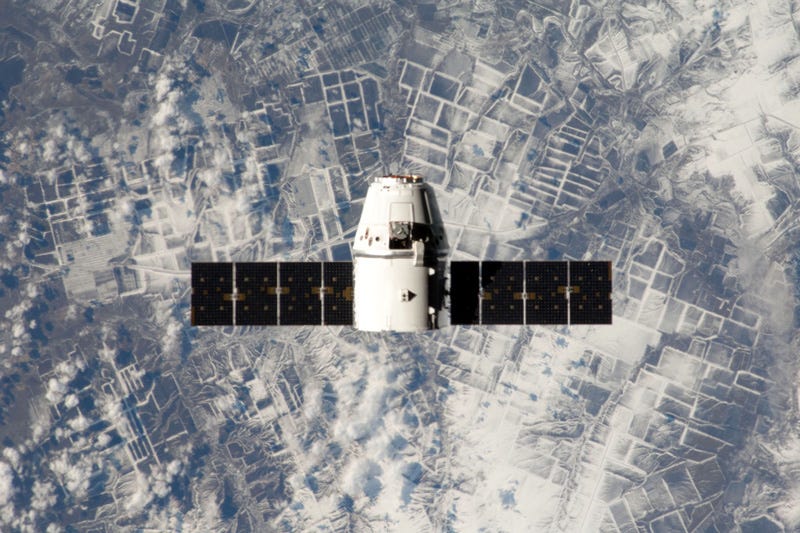I first named my GPS when I moved to Los Angeles fifteen years ago. LA is a sprawling group of small towns connected by strip malls and occasionally tall buildings. While there are some clear east and west roads, generally anywhere you want to go calls for twists and turns off and on small roads and delta like convergences. I can’t help but wonder what people did before GPS systems were in their cars. Really, I would not have been able to maneuver without it. And, now I live in Maine where I’m either on Route 1 heading north or south or on side roads where my GPS is critical.
I named my GPS Vivien after Vivien in Pretty Woman, one of my favorite feminist movies. Vivien was Julia Roberts’ cool friend, who was quirky but lovable. I didn’t have much of a relationship with her before the move. I used her occasionally when I was in the woods of the Hamptons, or figuring out a way off the Long Island Expressway when it was too crowded to stay on it.
I started to wonder about GPS history last night on the way home from exhausting Vivien with a number of entries. Here is what I learned.
Radio-based navigation systems were developed in the early twentieth century, and were used in World War II. As this technology advanced, both ships and airplanes used ground-based radio-navigation systems. The disadvantage of using a system that uses ground generated radio waves, is that a choice has to made between a high-frequency system that is accurate, but does not cover a wide area, and a low-frequency system that covers a wide area, but is not very accurate.
When Sputnik was launched into space by Russia on October 4th, 1957 it became known that “artificial stars” could be used for navigation. The evening after the launch researchers of the Massachusetts Institute of Technology determined the orbit of the Russian satellite by noting that the Sputnik’s radio signal increased as it approached and decreased as it left. So the fact that a satellite’s position could be tracked from the ground was the first step in recognizing that a subject’s whereabouts on the ground could be determined using radio signals from the satellite.
The U.S. Navy experimented with satellite navigation. In the mid-sixties there was the Transit System that was developed for submarines carrying Polaris nuclear missiles. This system has six satellites that circled the earth in polar orbits. In measuring the Doppler shift of the radio signals the submarines could locate its position within fifteen minutes.
The Global Positioning System, now commonly known as GPS was designed and built and is operated and maintained by the U.S. Department of Defense. It used to be known as the Navstar Global Positioning System and was first brainstormed at the Pentagon in 1973 as they were looking for a satellite system that was error-proof. In 1978 the first operational GPS satellite was launched. By the mid-1990s the system was fully operational with 24 satellites.
Who knew Vivien had such a rich history? My peeps came over on the Mayflower but we had no use to society the way Vivien’s ancestors have clearly had. Go Vivien!
Vivien and I chat. I rarely go anywhere without Vivien being in action these days, and since I’m always having conversations in my head, I talk to Vivien when I’m in the car. My alter ego.
“Look at this traffic, Viv. Should we get off and try another route?” “Did you see that barn?” “Why do all the pines in Maine have such perfect posture when the wind is so strong? Have they not learned to bend to accommodate change, like everyone tells me I need to?”
Sometimes we quarrel. “Vivien, I thought you meant the right lane, not the middle lane. Please be more specific and you could have given me a bit more notice! Yikes!” (I really don’t say yikes to Vivien, but I’m always trying to appear more ladylike in my blog and so I tone down some of my dialog when recounting conversations. Please keep that in mind in the future. I will not out myself again.)
Vivien and I are like that stupid ball Tom Hanks had a relationship with in that movie where he was really strange and almost got an academy award for it. “What was the name of it Vivien? Oh, right, Castaway.” I can now see how it happened.
If you have a GPS, name her. Talk to her. There is nothing like a passive voice in your life never judging you but always showing you the correct path. It really is an incredible thing. You can count on your GPS to also be at the same level of tonal presentation, always right with directions for any place you need to go. You can say you need quiet time, push a button and she becomes a map and keeps her mouth shut.
Anyway, I pay homage to Vivien today, not just because she’s Vivien but also because I didn’t have any other inspiration to write about. That’s the thing about Vivien, she doesn’t mind being used and then shut off.
Discussion about this post
No posts




The advantage of giving your GPS a woman's name is that is a will known "fact" that women are willing to ask for help with driving directions and men would sooner die than ask.